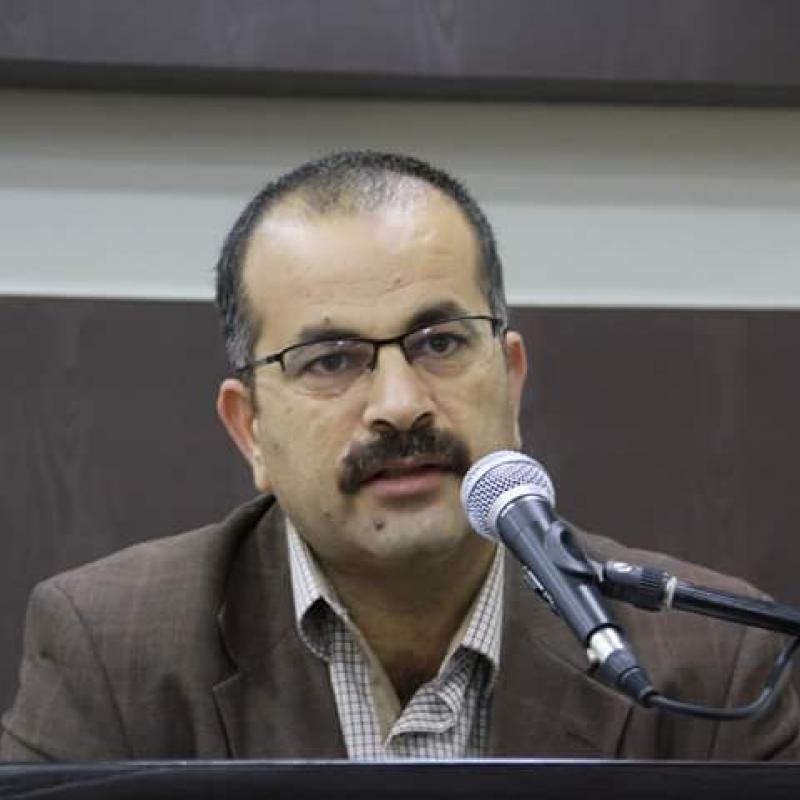Agricultural development expert working in Palestine since 1993. Currently working as Agricultural program director for ANERA, managing humanitarian and diverse mix of developmental projects. The most recent in the large scale reuse of reclaimed wastewater in Jenin. Worked as university teacher for 6 years. As consultant he participated and lead many evaluations and base line survey studies with local and international firms. Conducted development researches, delivered long list of trainings in the field of project management and prepared manuals and training materials. He got master degree in plant protection from University of Jordan, certified trainer in project management by InWent/ Germany, and in November 2017 finished a one year training course in consultancy for change offered by INTRAC/ London . Naser has special interest in knowledge sharing after conducting two- years research in this field. Volunteering as chairperson of Palestinian Evaluation Association.
Nasser Samih Qadous

Nasser Samih Qadous
President
Palestinian Evaluation Association
Territorio Palestino Ocupado
Nasser Samih Qadous
President Palestinian Evaluation AssociationEstimados
En mi opinión, cualquier evaluación que no tenga en cuenta el contexto en general, no sólo el cultural, no será una evaluación en esencia.
Según nuestra experiencia en las intervenciones de empoderamiento de las mujeres, el calendario de cualquier evento de recopilación de datos debe acordarse con las mujeres, ya que de lo contrario no se presenta nadie. Invitamos a más personas de las necesarias para alcanzar el objetivo de participantes. En la última experiencia contratamos a un experto en evaluación externa para el proyecto de empoderamiento de las mujeres. Pensó en la herramienta de evaluación de los medios de vida, donde hay preguntas como: ¿cuántos días has dormido sin comer? ¿Cuándo fue la última vez que comió carne? ...etc. No pudo rellenar ninguno de los cuestionarios, por lo que decidimos cancelar esta sección. ¿Por qué? Como son pobres esto era muy sensible para ellos.
Otra historia: Para entender una historia de éxito, una funcionaria de relaciones públicas visitó y entrevistó a un beneficiario, y el segundo día pensó en una foto en un momento determinado, así que llamó al beneficiario y le dijo: "Por favor, ¿puede pedirle a uno de sus hijos que le haga una foto para...?" Pero la señora/beneficiaria era una anciana soltera sin familia, pero mantenía a la familia extensa. Esto también puede ocurrir si se pregunta por un padre o una madre o un marido a un huérfano o una viuda.
Así que para respetar la cultura, los valores :
1- Diseñar la herramienta
2- Probar la herramienta
3- Utilizar personal local que conozca el contexto
4- Explicar al equipo de evaluación las cuestiones delicadas relacionadas con comunidades o personas específicas
5- Recoger todos los datos posibles antes de entrevistar a las personas.
Saludos
Naser Qadous
Palestina